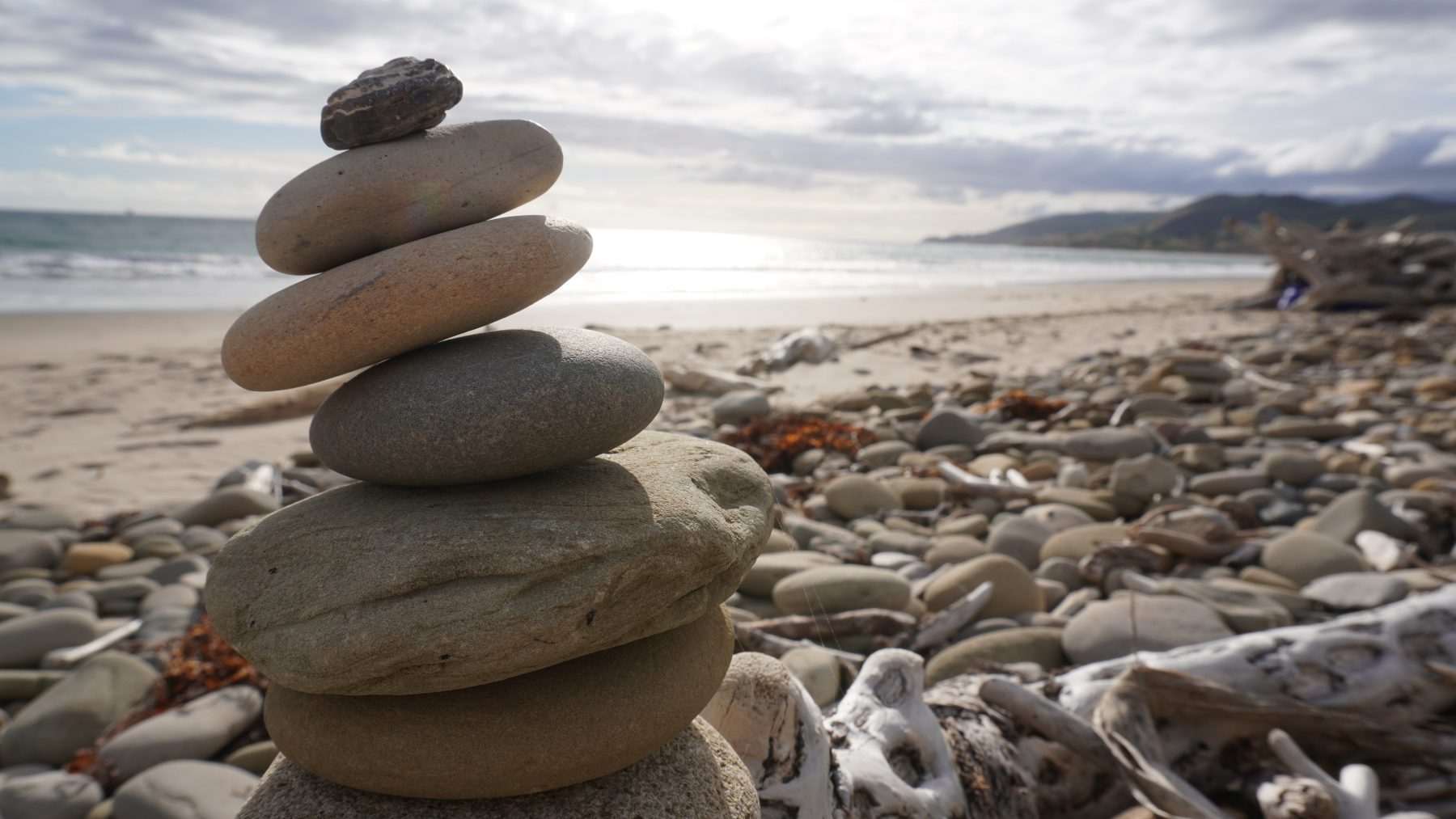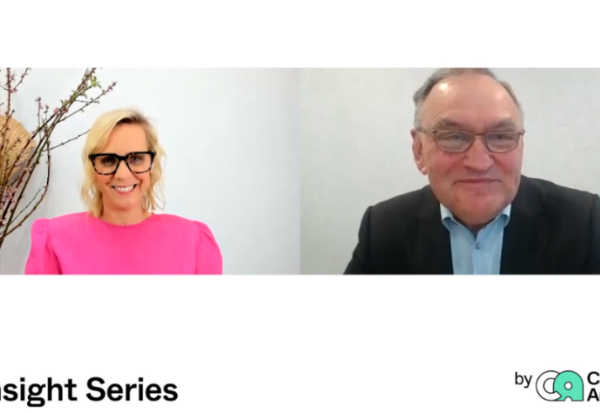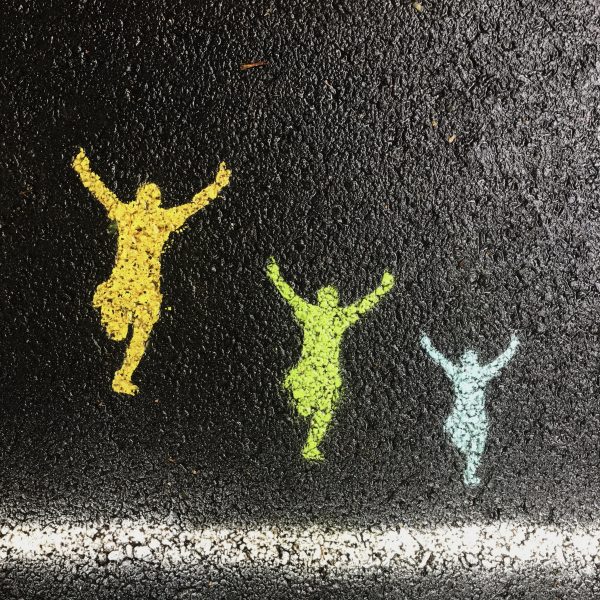Educator wellbeing tips from Triple P’s Dr Shawna Lee

With educator wellbeing a topical issue as the pressures of COVID-19 continue to impact on the early childhood education and care (ECEC) sector, we reached out to Dr Shawna Lee, who works with the Triple P early childhood education program for her best tips on how leaders, educators and service providers can navigate these complex times.
Looking back to move forward
We began our conversation by asking Dr Lee for her views on how the pandemic has affected the educators she’s been working with over the past 18 months.
“Caring for and educating children during the pandemic has been demanding,” she shared.
“There have been so many competing demands for our energy, reducing the capacity for building meaningful relationships with children, but at the same time, the need for relationships in early learning has increased. It’s not just educators who are stressed, of course. Children are stressed, families are stressed.”
These tricky times, she went on, should serve as a reminder to policy makers of the need to invest in early childhood educators as an essential service.
“It’s not just about the logistics of caring for children while parents work,” Dr Lee said, “it’s recognising the impact of social isolation, loss of social skill development, and potential trauma that young children are facing throughout the pandemic.”
Taking care of yourself
While many educators have had a focus on caring for children and families during the pandemic, it’s important to also role model self care, Dr Lee explained.
“When children see self-care and self-compassion as a priority for adults in their lives, it sets the foundation for them to nurture these priorities in their own lives.”
“Long before COVID-19 hit, the Triple P Positive Early Childhood Education (PECE) program recognised the value of solidifying interpersonal connections and nurturing self-care as essential features of quality early learning environments and it’s part of why PECE incorporates working as a team, and taking care of yourself, as core principles in providing positive early childhood education.”
When caring adults, including educators, are able to meet their own needs, they are then in a better position to be responsive to the needs of the children they care for.
Deep breaths, happy thoughts
Breathing and mindfulness, she continued, are essential skills to channel when working with children at any time, but especially when times are tough.
“When educators learn to cultivate mindfulness, their breath becomes an anchor, opening a space to pause, reflect, and respond skilfully to the variety of circumstances and challenges we may be facing,” Dr Lee said.
Those spaces to reflect become more important when educators realise that the way they assist children through difficult times is impacted on their own experiences of being helped through big feelings when they themselves were children.
“Reflective practice is so important for educators to engage in, and is much more than just casually thinking about our experiences,” Dr Lee explained.
“Reflective practice is the conscious effort to unpack these experiences, and use reflexivity to consider multiple perspectives, so we can learn from them. Doing this helps us develop insights into how these experiences shaped us, both cognitively and emotionally. This helps us move beyond experiencing to a place of understanding. This understanding of how our experiences have shaped our perspectives and approaches to interactions with ourselves, others, and the environment, helps us really recognise and respond to the individual strengths and needs of children.”
Practical suggestions
Recognising that, for many educators, self care feels like another task at the end of a seemingly infinite list, we asked Dr Lee for some simple tips for those who believe that they don’t have time to engage in mindfulness, reflection or self care.
“It doesn’t have to take a lot of time to engage in these activities,” she said.
“Try to think of easy ways to make this an intentional habit. For example, starting each day with a large glass of water, or using the first 60 seconds of your break to close your eyes and do a body scan and notice how you’re feeling physically and emotionally, or spending five minutes at the end of the day to journal thoughts and reflections on the day and set intentions for the day ahead.”
“With mindful intention we can use even a fraction of this time to strengthen our foundation and create energy that helps us.”
“The quality of care and compassion that we’re able to give ourselves directly influences the care we can provide for others,” she continued.
“One practical thing we can do to prevent burnout, and increase the quality of care and education we provide, is to literally plan self-care time into our daily schedule –activities that you can incorporate into your daily life that address your physical, emotional, and spiritual needs.”
To learn more about Triple P, see here.
Popular

Quality
Practice
Provider
Research
ECEC in focus - Una Springwood’s intergenerational initiative brings young and old together through connection and care
2025-06-30 10:00:45
by Contributed Content

Provider
Practice
Quality
Research
Aboriginal Education Strategy drives early learning and school success in South Australia
2025-07-01 09:55:12
by Fiona Alston

Workforce
Policy
Quality
Research
Inclusive Practice Framework set to strengthen inclusion in early childhood settings
2025-06-24 11:37:00
by Isabella Southwell












